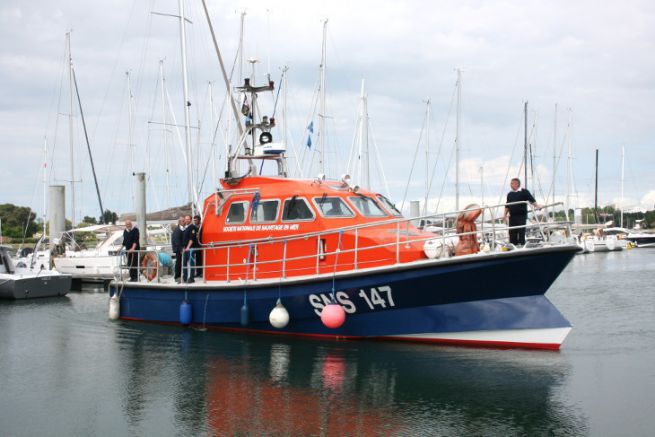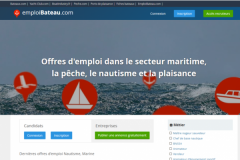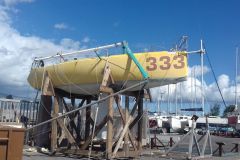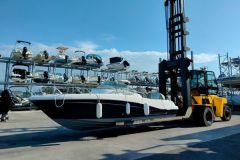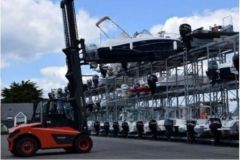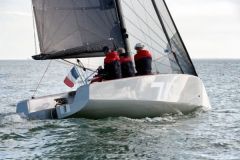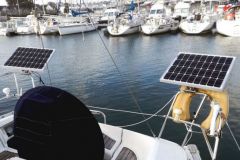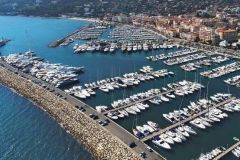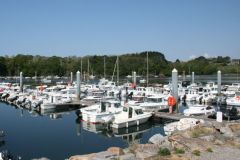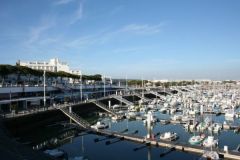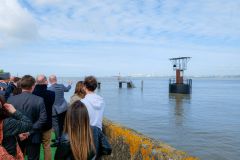A reminder of the law and maritime values
While several vessels in serious damage were refused access to marinas, even though they were rescue operations carried out by the SNSM, the French Federation of Marina Ports (FFPP) and the Préfecture Maritime Méditerranée deemed it necessary to remind before the summer season of the obligations to receive vessels in difficulty. To facilitate their care, the FFPP advises to provide reserved pontoon places at all times. Serge Pallarès, president of the FFPP, insists on marine common sense. "This is not a requisition, but a warning of the legal issues for ports that would refuse access. It is a reminder of the values of welcoming seafarers."
Official statement
Here is the official mail distributed by the Prémar and the FFPP:
"Our attention has recently been drawn by the national sea rescue company to cases of refusal to receive ships in difficulty in marinas as part of rescue or assistance operations conducted by the CROSS under the operational authority of the maritime prefect.
We are well aware that in the summer season in particular, the unexpected arrival of a ship can represent a major constraint for a port. However, it seems important to recall, before the 2017 summer season, the universal principle of rescue for people at sea, for which the maritime prefect is the guarantor for the French area of responsibility in the Mediterranean.
It is therefore our duty to make you aware of the consequences of an accident that could occur after a refusal of access to the port as part of a rescue or assistance operation.
This situation would not only be dramatic for the entire seafarers' community, but could also have criminal consequences. Indeed, the provisions of Article 223-6 of the Penal Code providing for the offence of voluntary abstention from providing assistance to a person in peril could be held against any person, natural or legal, if the refusal to receive the ship could not be justified by a risk legitimately incurred by the infrastructure or third parties.
If refusals are very rare, the sense of responsibility and the spirit of solidarity prevail, it is up to you, as port authority, to consider this possibility on a permanent basis and to take the appropriate material measures.
We therefore believe it is essential that each port should have a few berths available at all times, or which could be available on very short notice, to accommodate a vessel in distress

